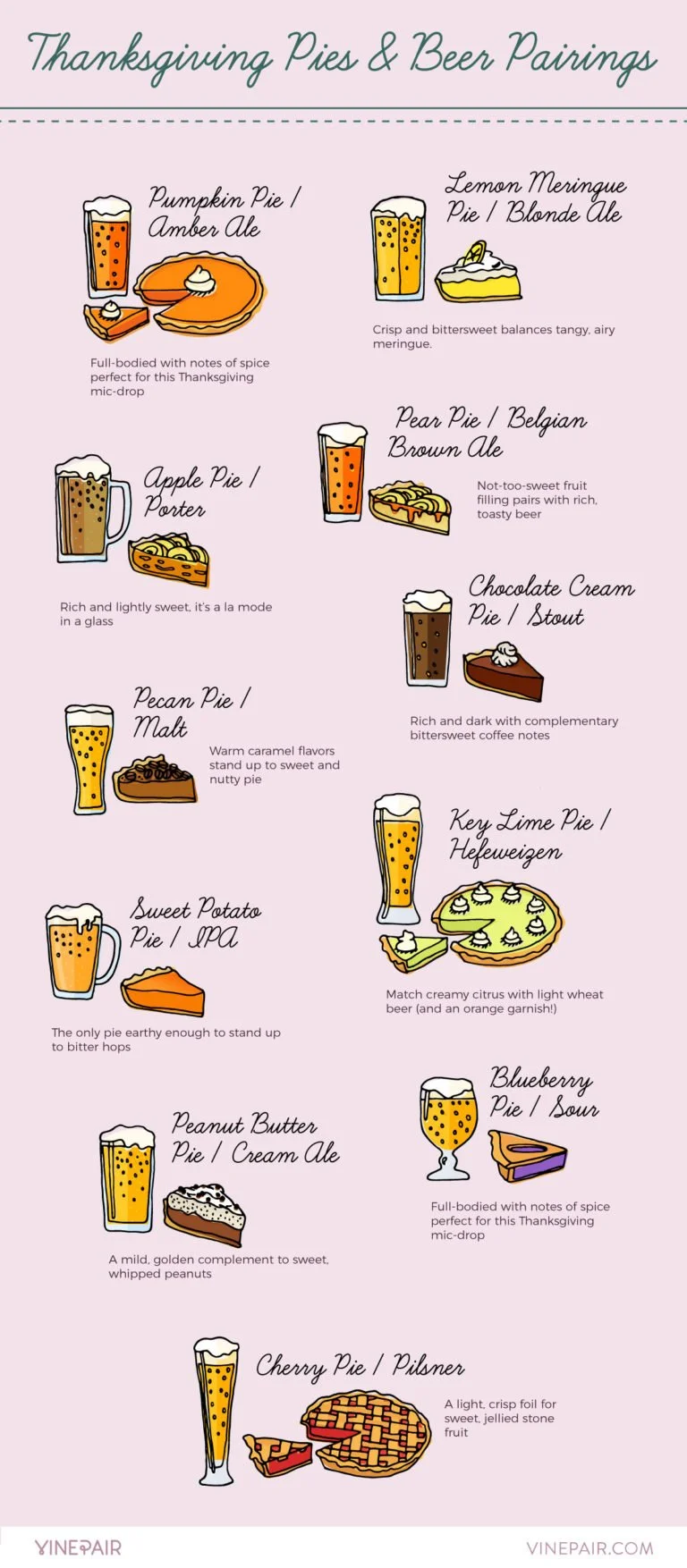In the Loop: November
FYI, it's November. For real. It's the back half of November, to be precise, and that means we are on a collision course for some pretty big holidays. Bring 'em on!
Next on deck is American Thanksgiving (or, as the Americans usually call it, just Thanksgiving)! And who better to weigh in on this particular turkey-or-ham-or-bust holiday than us: a Canadian and a vegan? But we're here to tell you that Friendsgiving is the far superior holiday and the absolute best way to eat food in November. Trust us—we've lived it and we've rocked it. If you've never heard of Friendsgiving or had the opportunity to celebrate, you should know that it's pretty much as great as it sounds: all the deliciousness of a traditional Thanksgiving but with your family-by-choice (aka your friends).
Friends. Pals. Buds. There are probably as many kinds of friendships as there are people in the world. Best friends, childhood friends, friends from college. Work friends. Loyal friends. Friends with benefits. Frenemies. Fair-weather friends. Ride-or-Die friends. The foodie friend. The weird friend. The loud one. The adventurer. The flake. The chronic interrupter (sorry!). The saint. For all of these friends—and many, many more—this newsletter is for you.
And here's a friendly reminder you won't want to miss: You should definitely check out this month’s playlist. (One more time for the cheap seats, each of our newsletters includes a playlist that relates to the theme of the month.) Friends don't let friends listen to bad playlists.
Editing Q&A: Friend or Foe?
False friends are word pairings from two different languages that appear to have a similar phonetic form, but actually have entirely different meanings, origins, and sometimes spelling. False friends are bilingual homophones; they look or sound similar but differ (sometimes significantly) in meaning.
Here are some examples:
In English, gift means “present.” In German, Gift means “poison.” Those are not the same. (Do not give poison as a gift, please.)
In Spanish, auge means “culmination.” In French, auge means “bowl.” In German, auge means “eye.” Again, not even close.
In Italian, burro means “butter.” In Spanish, burro means “donkey.” As you know, you can’t spread a donkey on toast.
But we shouldn’t think this is the effect of “lost in translation.” False friends appear in English and English as well. As George Bernard Shaw once famously said, England and America are “two nations separated by a common language.” So try these on for size: rubber can mean eraser or condom, depending on where you’re standing; pants can refer to trousers or to underwear; and chips can be potato chips or fries (but both are absolutely delicious).
A Playlist about Friendship! 'Cause You're a Pal and a Confidant
(Click the image to enjoy a friendship-inspired playlist)
What's the Diff?
There are a lot of sneaky words out there—those that sound awfully similar to others, but with a different meaning. Here’s the dish on some of those commonly swapped-by-accident words.
Amiable (adj.) means friendly, agreeable, or sociable; it refers to people who are easy to like (an amiable neighbor, an amiable host).
Amicable (adj.) also means friendly, civil, or peaceable. But amicable is best used to describe situations or relationships that could have turned out acrimonious or resentful but instead involve goodwill and a lack of quarreling (an amicable settlement, an amical divorce).
Cool Guides
Stuff We Like
Want to embrace Friendsgiving but don’t know where to start? Check out how to host a Friendsgiving and the Ten Commandments of Friendsgiving.
Why is it so hecking hard to take a compliment?
And just what, exactly, does French philosopher Jacques Derrida have to say about friendship?
Super friends! It’s all about the attachment.
SNL’s Jingleheimer Junction brings the Friendship, Unity, Caring, Kindness with hilarious results.
This episode of Dirtbag Diaries is a fun (but extreme) commentary on the ways we can maintain connection to our friends over distance.
Fun fact: All of your friends are too old to help you move. Seriously.
Wanna be “couple” friends? Prove it.
Love & Friendship is one of the most underrated and hilarious movies of all time.
Rebecca Solnit on travel and friendship.
The sleepover dance number: Group choreography and friendship.
Can we be friends with an octopus? Fingers crossed!
Movies that celebrate platonic love.
As your friends, we want you to know about these 42 writing contests (no entry fees!) in November.
Friendship is a beautiful thing. Just ask these BFFs from art history.
How does race affect friendship? These seven women weigh in.
Pay It Forward
Meet Lindsay Bell!
Lindsay A. Bell is an assistant professor of anthropology at Western University, Canada. She is the author of Under Pressure: Diamond Mining and Everyday Life in a Northern Town. Her previous research focused on arctic extractive environments and transnational governance, but she has been cooking up new stuff about baby making and wellness. Oh, and she's also busy being pretty awesome.
Click over to the blog, where Lindsay shares some of her insights about her journey through IVF (and the friends she made along the way).
You can find her musings on infertility and the arctic on Instagram @thefrozenyogi.





